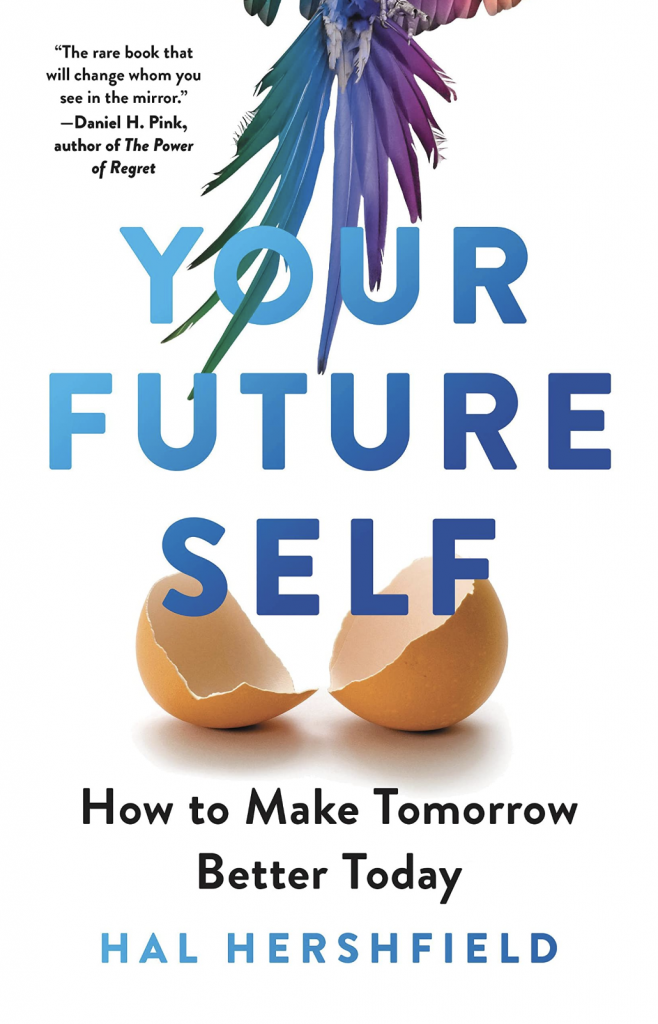Key Quote:
“By studying the mind and the brain, we can better understand why we sometimes treat our future selves as strangers and how we can eventually learn to be kinder to them.” (p.36) — Hal Hershfield
Key Points and Concepts
Stronger connections to Future Self create better decisions. Establishing a stronger connection with a distant version of oneself actively influences better decision-making. It yields more positive outcomes across various life domains, such as finances, health and well-being, and academic performance.
The present is often considered more than the future. The predominance of the present over the future, the heightened intensity of current emotions, and a general lack of patience contribute to this outcome.
Individuals contemplate the future in a superficial manner. Procrastination typifies this error, where a deep consideration of the future is lacking, and the tendency to overlook how much future selves will desire to avoid current negative situations is apparent. The occurrence of the Yes/Damn effect, when one neglects to consider future implications and impulsively agrees to a future commitment, only to have their future selves regret it, further exemplifies this oversight.
Current decisions lead to future regrets when the future is not considered. Individuals often fail to acknowledge the potential differences that may exist between their present selves and who they might become in the future. The projection bias is a clear instance of this mistake, where individuals tend to over-project their current emotions onto their future selves. Furthermore, the end-of-history illusion underscores this issue when individuals assume that their current personalities and preferences will remain largely constant in the forthcoming years.
Increase connection to future self to drive decisions. To positively influence long-term decisions, one should intensify the connection between their current and future selves and establish methods that facilitate this future-oriented connection.
Incorporate accountability and commitment. Incorporating accountability and commitment, whether through human intervention or technological means, can bolster the chances of maintaining focus on future benefits when making critical decisions.
Reduce immediate sacrifice. Individuals should aim to lessen the immediate sacrifices made to favor the future self over the current self. This can be achieved by employing “temptation bundling,” which involves coupling enticing positive activities with tasks that feel like sacrifices, or “tangential immersion,” the practice of combining a mundane task with a slightly more engaging one.
Hershfield, Hal, P. (2013). Your Future Self: How to Make Tomorrow Better Today. Little, Brown and Company.

By studying the mind and the brain, we can better understand why we sometimes treat our future selves as strangers and how we can eventually learn to be kinder
to them.
Current decisions lead to future regrets when the future is not considered. Individuals often fail to acknowledge the potential differences that may exist between their present selves and who they might become in the future.
Incorporate accountability and commitment. Incorporating accountability and commitment, whether through human intervention or technological means, can bolster the chances of maintaining focus on future benefits when making critical decisions.
